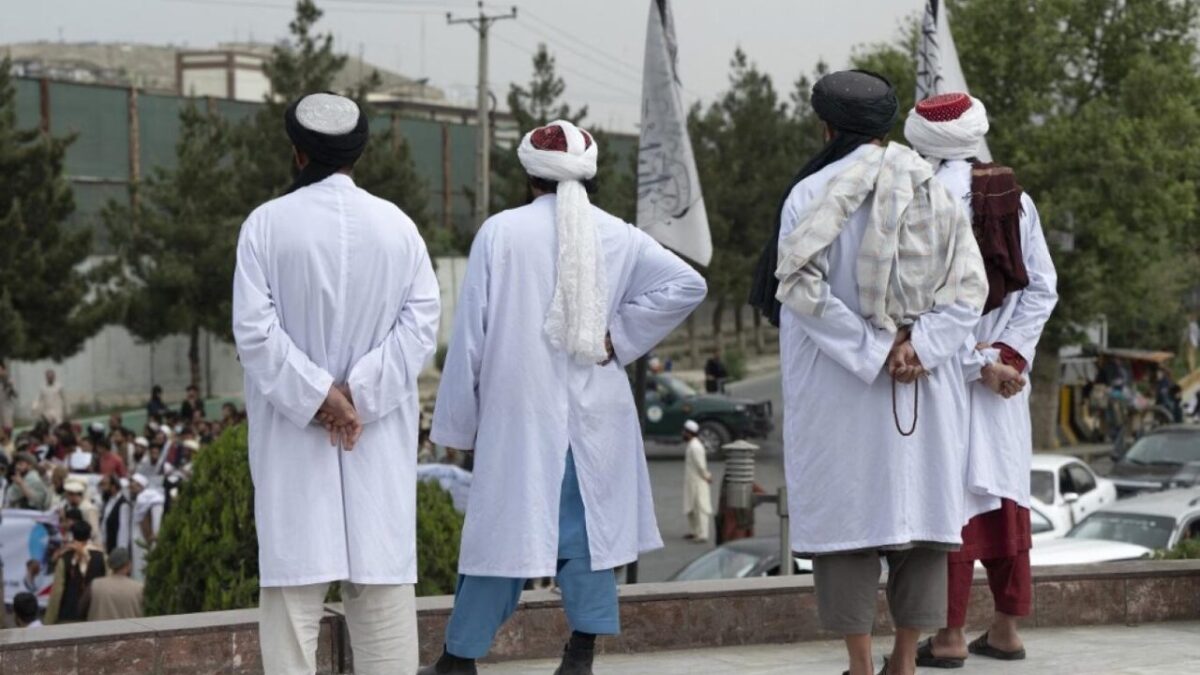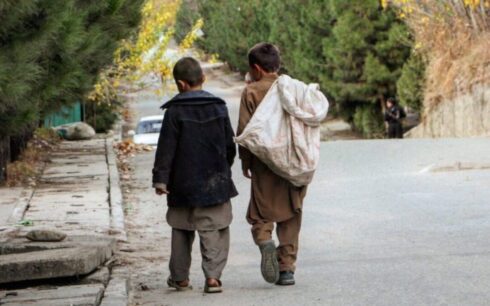KABUL, Afghanistan — As the Eid al-Fitr holiday approaches, Taliban authorities in the northeastern province of Badakhshan have issued a directive imposing a new set of restrictions on public behavior, including bans on music, women’s attire, and even customary Eid house visits.
In a letter titled “Prohibitions for Eid Days,” the Directorate for the Promotion of Virtue and Prevention of Vice (PVPV) outlined what it described as “objectionable acts” and called on residents to avoid what it termed immoral behavior.
The directive, a copy of which was obtained by Amu, prohibits a range of activities including women not wearing the hijab, music played via mobile phones or other devices, gambling (especially egg-breaking games, a traditional pastime), firecrackers, and house-to-house Eid greetings.
Other bans listed in the letter include shaving beards, consuming expired food, holding cultural ceremonies deemed “un-Islamic,” and hairstyles that violate “Prophetic tradition.”
The notice is part of the Taliban’s broader enforcement of their morality code, which has served as a central mechanism for regulating public and private life since the group returned to power in August 2021.
In the more than three years since retaking control, Taliban leaders have issued dozens of restrictive orders — including dress codes for women, gender segregation in public spaces, the closure of beauty salons, bans on music, and increasing pressure on the media.
Human rights groups and Afghan citizens have condemned such measures as systematic repression of personal freedoms and a return to the Taliban’s hardline rule of the 1990s.





